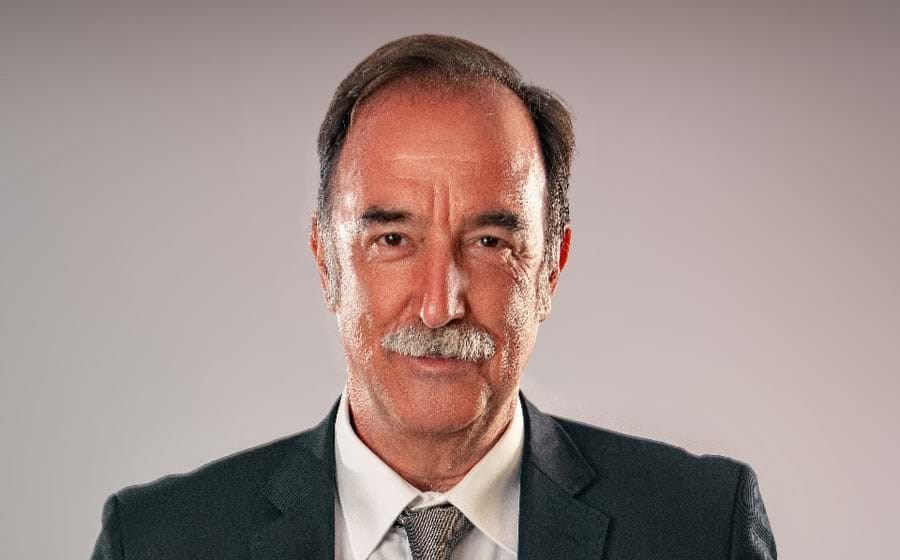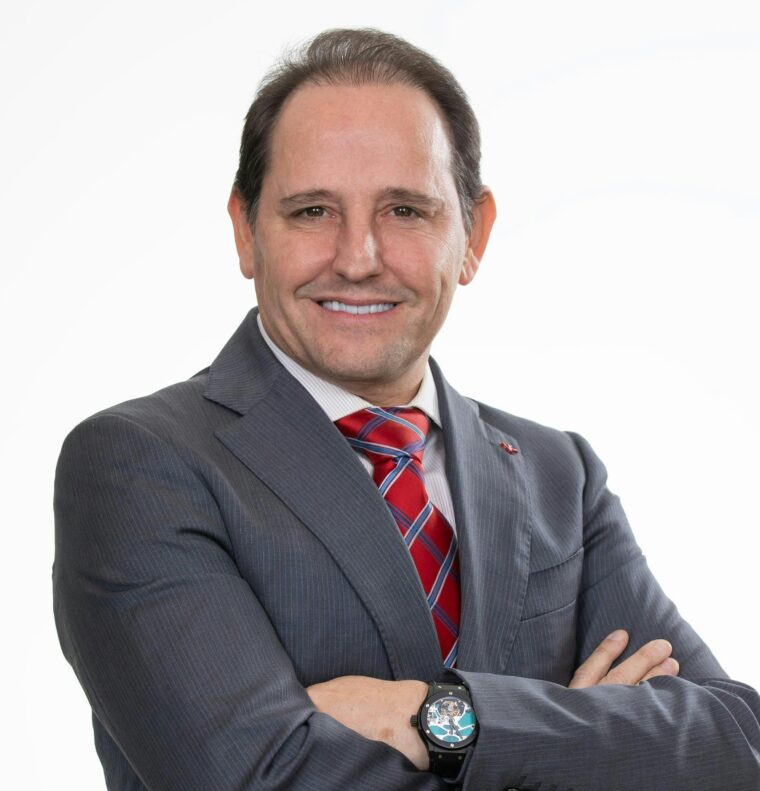Portuguese people who are making a name for themselves abroad are helping to find out where business opportunities are and what kind of companies and activities the country can attract. An initiative that brings together Negócios and the Portuguese Diaspora Council.
1- What led you to leave Portugal?
The desire to do business in another country. We knew that the wind and solar energy potential of the north-east of Brazil was immense, and that this sector was completely untapped in Brazil. The entrepreneurial spirit and the possibility of starting a new activity and being a pioneer in an extremely promising sector led me to make the decision to come to Fortaleza, Ceará, in Brazil.
2- What advantages or disadvantages did being Portuguese bring you?
The main advantage was, of course, the same language. However, I have to admit to some initial difficulties with the grammatical culture of the Portuguese spoken in Brazil. My first reaction to texts written by people here in Brazil was, ‘This is all wrong’. Over time, I got used to the way Brazilians write Portuguese. In the end, it’s neither right nor wrong, it’s just different.
The main disadvantages I see are the huge cultural differences and the fact that, after 28 years, I’m still considered a foreigner. Even though I’m very well integrated into Ceará society, with twenty-eight years in Brazil, I am and always will be a ‘gringo’. I don’t say this as a negative fact, but as a realisation of a fact.
3- What obstacles did you have to overcome and how did you do it?
The main obstacle was the cultural difference, including the way of doing business, and local protectionism towards companies and entrepreneurs. To overcome this factor, I took on the spirit of not falling into the temptation of importing business models from abroad. ‘In Rome you have to be Roman’ – I adapted to the Brazilian way of doing things and, above all, respected the local reality. What’s more, I found an excellent local partner, born in Pernambuco, who has been my business partner for over 20 years. In my sector, I was fortunate and lucky to be a pioneer in an activity that didn’t exist in Brazil. This allowed me to grow without much competition or obstacles. However, the fact that an outsider is successful in a sector still creates a certain local envy and jealousy.
Generally speaking, foreign investors are welcomed in Brazil and cherished and helped by locals. However, you need to be careful because the moment your business starts to interfere with or ‘shadow’ a local company or group, the climate can change and unexpected difficulties can arise.
4- What do you admire most about the country you’re in?
The people. When I talk about the people, I’m essentially talking about the humble Brazilians who toil day after day, struggling to put food on the table. I’ll never forget what happened to me and sometimes happens in the interior of Brazil… A person arrives in a community in the interior, very poor, where day-to-day life is extremely difficult, without any kind of restaurant or hotel structure, and asks where they can sleep or eat. Suddenly, someone very humble turns up, offers their home, even if only to sleep in a hammock, and invites them to eat. When it’s time to eat, we realise that the family has killed the only chicken they had to feed us. This is the Brazil I most admire and revere.
5- What do you admire most about the company or organisation you work for?
As president of a company I set up in September 1997, then called Braselco – now Qair Brasil – what I admire most is the spirit of solidarity and family, combined with a lot of competence, professionalism and know-how, in a transversal organisation with a lot of responsibility and leadership.
We were the second company in Ceará to achieve ESG, AAA Certification, and it gives me great pleasure to get up every day between 5am and 5.30am to go to work.
I usually compete with the ladies responsible for cleaning the office to see who arrives the earliest.
The family spirit that exists makes our company an extremely ‘appetising’ place to work.
6- What recommendations would you give to Portugal and its entrepreneurs and managers?
Brazil continues to be a country of the future, with excellent opportunities in almost every sector, especially infrastructure, energy, sanitation, property, agriculture and services. The big issue is always finding the right people for the right places at the right times. Never try to import models, always respect the local way of doing things, and be patient, very patient and resilient.
I’ve seen big companies and big businessmen do very badly in Brazil because of their ‘that’s how it’s done in my country’ spirit.
It’s important to emphasise that in order to do business in Brazil, you have to be in Brazil. Trying to close deals and obtain contracts, whatever they may be, with companies in Portugal or in another country, with the idea that when I close the first deal I’ll open in Brazil, doesn’t work.
Entrepreneurs, sector by sector, have to open their companies in Brazil and, if possible, find local, trustworthy partners who know the people, the market and the local economy.
7- In which sectors of the country where you live could Portuguese companies find clients?
Customers in Brazil, with companies in Portugal, as I said before, doesn’t work. Portuguese companies have to settle in Brazil and understand the people and the market. It only works for direct imports of products such as wines, olive oil, fish and seafood, industrial machinery and equipment, processed food products, medicines and pharmaceuticals, and others.
The main sectors in which Portuguese companies and entrepreneurs could invest in Brazil are infrastructure and construction, energy, agro-industry, technology and innovation, education and vocational training, and logistics and transport.
8- In which sectors in Portugal might companies from the country where you live want to invest?
I would highlight the sectors of real estate and construction, tourism and hospitality, technology and start-ups, education and vocational training, health and well-being, the food and beverage industry, financial services and the maritime economy.
9- What is the competitive advantage of the country you live in that could be replicated in Portugal?
Firstly, the financial capacity of the main Brazilian business groups, which, together with their imaginative ability to idealise and realise various types of business, gives them a considerable competitive advantage in Portugal.
The majority of Portuguese entrepreneurs, with a few exceptions, are somewhat backward and conservative.
Brazilians are much more daring and imaginative.
10- Are you thinking of returning to Portugal? Why do you think so?
Today, my life, my family (wife and two daughters), some of my friends and almost all of my businesses are in Brazil.
I have my mum, aged 93, who lives in Coimbra, and as long as she lives, I have a commitment to myself and to her to visit her at least once a month. I also have a son, a daughter-in-law, two sisters, two brothers-in-law and many friends in Portugal, especially in Coimbra.
Anyone who was born, studied and lived in Coimbra has a very special meaning for the word ‘saudade’.
As long as my mum lives, I will continue to visit her at least once a month.
After that, you never know, but I’m not going back to Portugal for good, leaving Brazil behind. I think I’ll divide my time between one country and another.
It’s not in my plans to stop working or retire any time soon. As long as the alarm clock keeps ringing at 5.30am and I feel like going to work, I won’t stop.
For me, family and friends come first. I’m going to keep visiting them and enjoying my remaining years with them.
Without family and friends we’re nobody.







